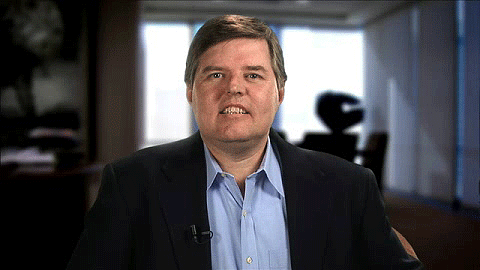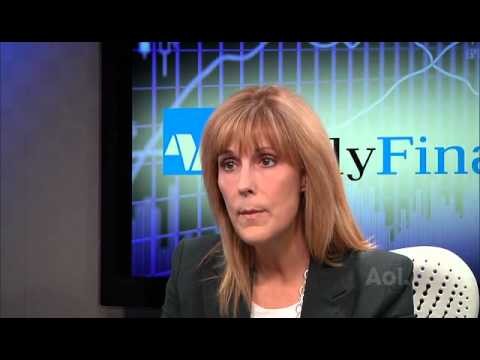Schwab rolls out 401(k) platform using exchangetraded funds
Post on: 6 Май, 2015 No Comment

NEW YORK Feb 5 (Reuters) — Charles Schwab Corp is taking broader aim at the retirement market with a new 401(k) platform that will allow participants to invest 100 percent of their plan in low-cost exchange-traded funds.
Schwab, which already has 401(k) programs using traditional mutual funds, said the new all-ETF platform is designed to reduce investment expenses for investors. An ETF on the new platform, for example, would cost roughly $7 to $10 for every $10,000 invested, while an index mutual fund might cost $14 to $15 for every $10,000 invested and an actively managed mutual fund might cost $70 for every $10,000 invested.
To ignore ETFs would be a mistake in the 401(k) market, Steve Anderson, head of Schwab Retirement Plan Services, said in an interview ahead of the launch.
ETFs track a basket of securities such as stocks, commodities or bonds. Schwab’s new all-ETF 401(k) platform will include 27 asset classes, compared with 17 asset classes offered on its Schwab Index Advantage mutual fund platform, and offer the ability to tap into a broader set of asset classes such as global real estate, precious metals, and emerging markets bonds.
The new all-ETF platform is likely initially to attract smaller retirement plans, which could benefit from a lower-cost alternative, said Mike Alfred, head of San Diego-based research firm BrightScope.
Plans over $1 billion in general are already very efficient in achieving lower costs through economies of scale, Alfred said.
Historically, plans under $10 million have been under served in the sense that providers available to them are significantly more expensive, he said. That’s where this might be an opportunity for them.
The increased use of ETFs in 401(k) plans could also pave the way for more growth in the swelling ETF market, which has amassed $2.4 trillion in global assets but still accounts for less than 1 percent of assets in the retirement market, which has largely been dominated by mutual funds.

There’s never been an all-ETF, intraday trading, record-keeping platform rolled out at any scale, Alfred said. That has slowed adoption of ETFs in 401(k) plans in the past.
The roughly 80 ETFs offered on the Schwab 401(k) platform come from 11 different providers, including BlackRock Inc’s iShares, State Street Global Advisors and Vanguard, in addition to Schwab’s own proprietary funds.
By expanding into the ETF market, San Francisco-based Schwab is also looking to expand its retirement business, which has about $105 billion in assets and 1.3 million participants in the unit run by Anderson.
Users of Schwab’s all-ETF platform will automatically be enrolled in an advisory service — for an additional $45 for every $10,000 invested — with the option to opt out, the same as its index mutual fund users.














